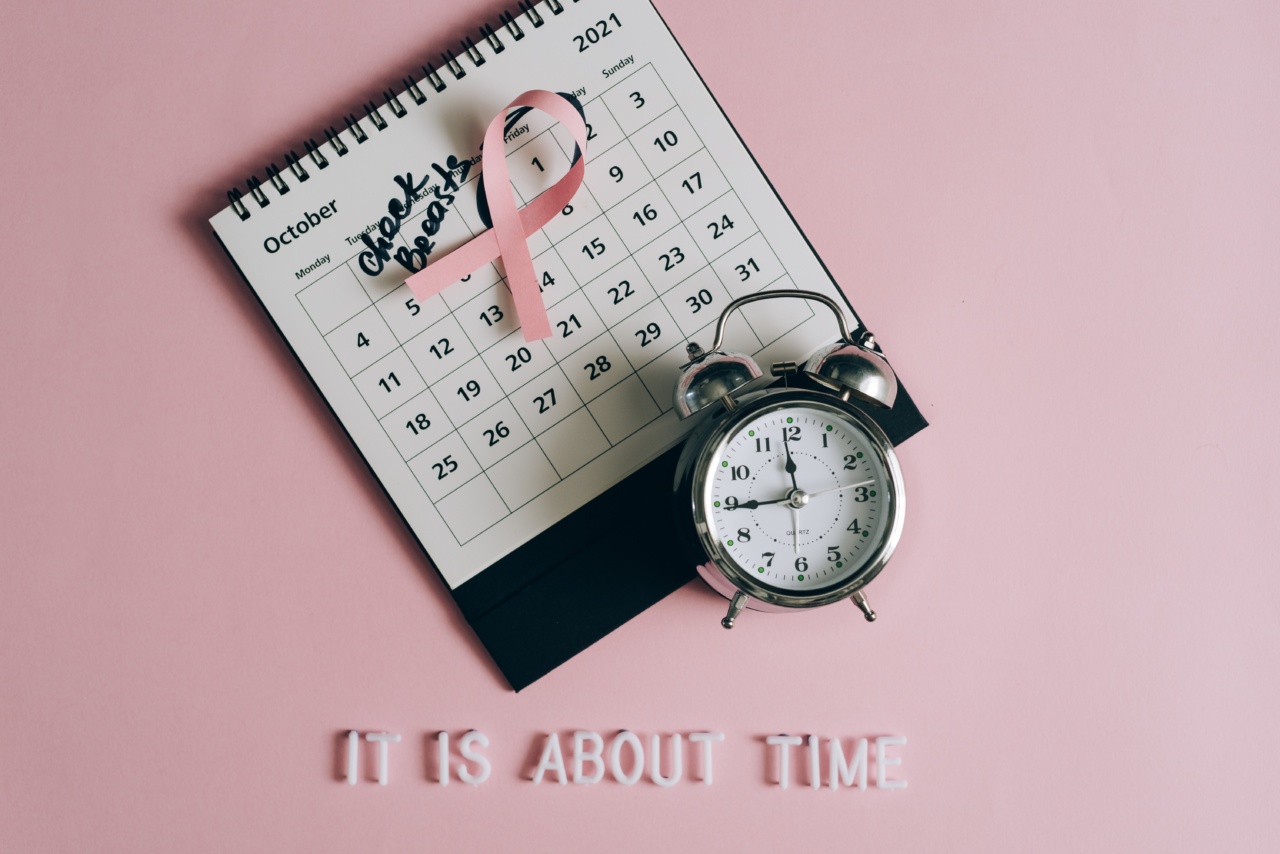Drinking alcohol is a common social activity enjoyed by many people around the world. However, research has shown that excessive alcohol consumption can have serious health consequences, including an increased risk of developing certain types of cancer.
In this article, we will explore the relationship between drinking habits and cancer risk, and discuss the potential factors that contribute to this link.
The Risks of Heavy Alcohol Consumption
Heavy alcohol consumption has long been associated with various health concerns, such as liver damage, cardiovascular disease, and mental health issues.
More recently, studies have also revealed a strong correlation between excessive alcohol intake and an increased risk of cancer.
Types of Cancer Linked to Drinking
Research has consistently shown a direct relationship between alcohol consumption and the development of certain types of cancer. The most common cancers associated with drinking include:.
-
1. Breast Cancer
Studies have found a clear link between alcohol consumption and an increased risk of breast cancer. The risk increases even with relatively moderate levels of alcohol consumption.
This is mainly due to the impact of alcohol on hormonal levels and its ability to damage DNA.
-
2. Liver Cancer
Excessive alcohol consumption puts a significant strain on the liver and can lead to the development of liver cirrhosis.
Cirrhosis increases the risk of liver cancer, and regular heavy drinking significantly raises the likelihood of developing this deadly form of cancer.
-
3. Colorectal Cancer
Research has shown that heavy alcohol consumption can increase the risk of developing colorectal cancer. Alcohol affects the digestive system and can lead to chronic inflammation, which is a known risk factor for this type of cancer.
-
4. Esophageal Cancer
Excessive alcohol consumption is a major risk factor for developing esophageal cancer. Alcohol irritates and damages the lining of the esophagus, leading to the formation of cancerous cells over time.
-
5. Head and Neck Cancers
Drinking alcohol excessively increases the risk of developing cancers in various parts of the head and neck, including the mouth, throat, and voice box. This is often attributed to the direct contact of alcohol with these tissues.
Alcohol and Cancer: The Mechanisms
Researchers have identified several mechanisms through which alcohol consumption may contribute to the development of cancer. These include:.
-
1. Acetaldehyde Formation
When alcohol is metabolized by the body, it is converted into acetaldehyde, a chemical compound that can cause damage to DNA and proteins. This damage can lead to the formation of cancer cells.
-
2. Hormonal Disruption
Alcohol consumption can disrupt hormonal levels in the body, particularly in women. Increased levels of estrogen have been linked to an elevated risk of breast cancer, making alcohol consumption a contributing factor.
-
3. Oxidative Stress
Heavy drinking can lead to oxidative stress, a state in which the body’s antioxidant defenses are overwhelmed by harmful molecules called free radicals. This oxidative stress can cause cellular damage and increase the risk of cancer.
-
4. Impaired Nutrient Absorption
Alcohol interferes with the body’s ability to absorb important nutrients, such as folate, which plays a role in DNA synthesis and repair. This disruption in nutrient absorption can further contribute to the development of cancer.
-
5. Weakened Immune System
Excessive alcohol consumption weakens the immune system, leaving the body more vulnerable to various diseases, including cancer. A compromised immune system may be less effective in detecting and eliminating cancerous cells.
Modifying Alcohol Consumption to Reduce Cancer Risk
While the risks of heavy alcohol consumption are well-established, it’s important to remember that moderation is key. The following tips can help individuals lower their cancer risk:.
-
1. Drink in moderation
Avoid excessive alcohol consumption. Guidelines recommend no more than 1 drink per day for women and 2 drinks per day for men.
-
2. Consider alcohol-free days
Giving your body regular breaks from alcohol can promote overall health and reduce the risk of alcohol-related cancers.
-
3. Choose lower-strength drinks
Opt for beverages with lower alcohol content, such as light beers or wines with reduced alcohol levels.
-
4. Be aware of portion sizes
Pay attention to the amount of alcohol you consume. Be mindful of standard drink sizes and avoid frequently consuming large quantities of alcohol.
-
5. Lead a healthy lifestyle
Engage in regular exercise, maintain a balanced diet, and avoid other carcinogenic habits such as smoking to further reduce cancer risk.
Conclusion
Excessive alcohol consumption can significantly increase the risk of developing various types of cancer. The mechanisms through which alcohol contributes to cancer development are complex and multifactorial.
By understanding these risks and adopting healthier drinking habits, individuals can reduce their cancer risk and promote overall well-being.






























